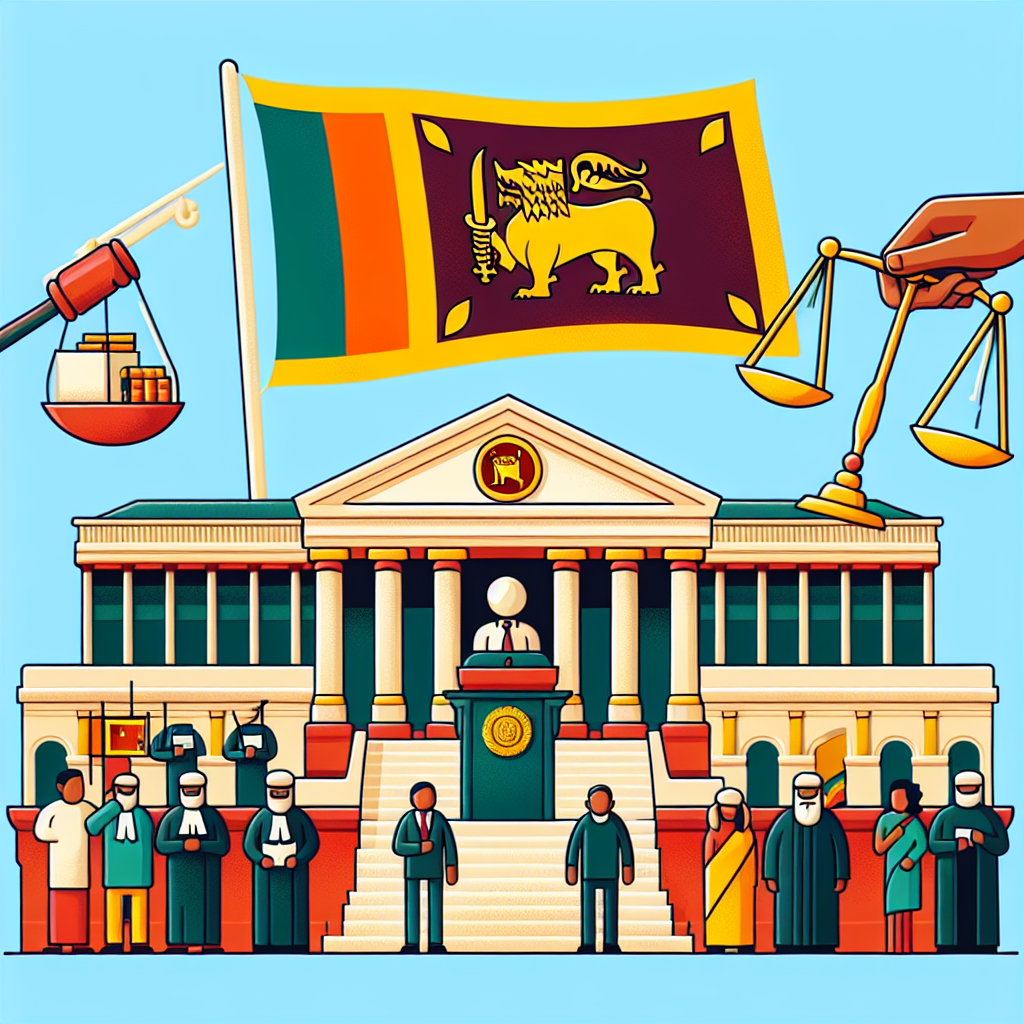Sri Lankan Government Apologizes for Controversial COVID-19 Cremation Policy
The Sri Lankan government formally apologizes to the Muslim community for the mandatory cremation policy of COVID-19 victims enforced in 2020. This policy was later revoked in February 2021 after international criticism. The Cabinet plans to introduce new laws to prevent future religious rights violations.

The Sri Lankan government on Tuesday issued a formal apology to the island nation's Muslim minority community over its contentious cremation policy enforced during the coronavirus pandemic.
Enacted in 2020, the mandatory cremation order for COVID-19 victims denied minority communities, especially Muslims, their religious burial rights. This policy was rescinded in February 2021 following growing international criticism.
At a Monday meeting, the Sri Lankan Cabinet approved a proposal to apologize to the Muslim community and introduced legislative measures to prevent similar controversies. The new law will allow people to choose burial or cremation based on religious preferences.
The Muslim community had strongly opposed forced cremations, with community members either reluctantly allowing cremations or, in some cases, unaware of them. Islam prohibits cremation, leading to significant distress within the community. Between 2020 and February 2021, 276 Muslim corpses were cremated under the mandate.
Despite resistance citing health concerns over potential contamination of the water table, the cremation policy drew sharp criticism from rights groups and international bodies like the UN Human Rights Council. The Organisation of Islamic Countries also appealed for policy reversal, citing respect for religious practices.
The Cabinet's recent note indicates steps to ensure decisions respecting religious discretion in posthumous rites going forward.
(With inputs from agencies.)










